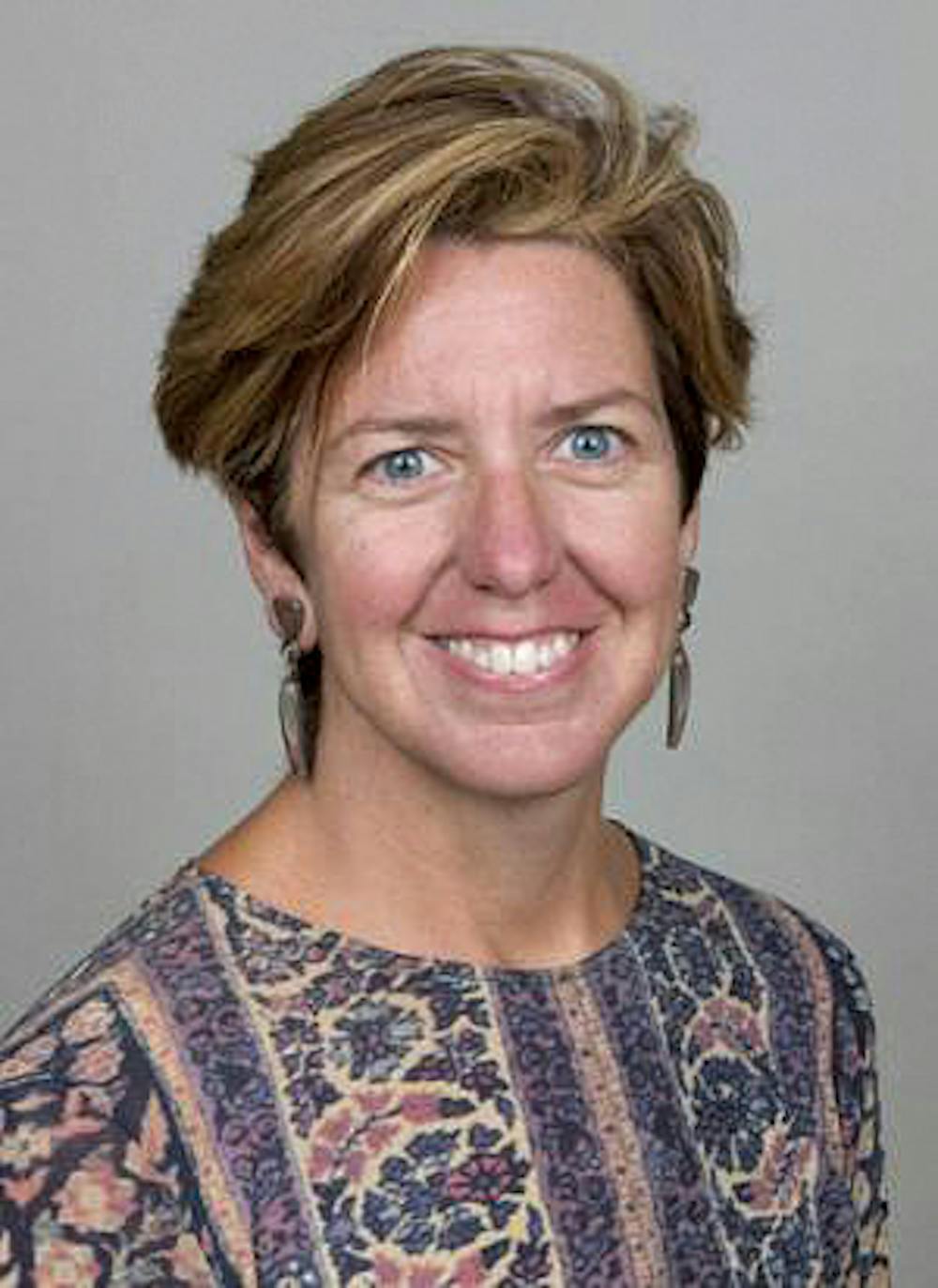Marisa Quinn, director of communications and outreach at the Watson Institute for International Studies, was appointed by Gov. Gina Raimondo to the Rhode Island Ethics Commission earlier this month.
“Building upon my ongoing commitment to uphold the highest standards of integrity and ethical conduct in government, I am pleased to announce my appointment of Marisa Quinn to the Rhode Island Ethics Commission,” Raimondo said in a press release. “Marisa has a proven experience fostering clear communication, accountability and innovation and will be an excellent addition to the Commission.”
The Rhode Island Ethics Commission is a constitutionally mandated body that enforces a code of ethics to which all public officials and employees must abide. Nine members comprise the commission, four of whom are appointed directly by the governor. The other five members are nominated by the House speaker, in conjunction with the House and Senate majority and minority leaders, though they must be confirmed by the governor.
Quinn’s appointment marks the beginning of a five-year term, filling a vacancy left by Sister Deborah Cerullo, who was supposed to remain on the commission until Sept. 1 but left the position to take a six-month sabbatical. “I also want to thank Sr. Deborah Cerullo for her service on this Commission and great work on behalf of our state,” Raimondo said in the press release.
Quinn, former vice president of public affairs and University relations, said she has always been open to taking on this sort of role. “I’ve always been committed to some kind of public service. I’m on the Kids Count board, my background is in public policy and I’ve worked in the government,” she said.
As a member of the commission, Quinn said she hopes to “bring sound judgment to the role” and to “work with fellow commissioners to serve the citizens of our state.” She said she believes it is vital for the state to have “expectations for standards of conduct for all of our elected and appointed officials” included in the constitution. This is an “important concept that is critical to the functioning of government,” she said.
Quinn has held positions at the Rhode Island Department of Elementary and Secondary Education as well as with the Port Authority of New York and New Jersey. She was also the policy advisor to Gov. Jim Florio of New Jersey and a legislative aide to Claiborne Pell, who served as a Rhode Island U.S. Senator from 1961 to 1997.
“There is a bit of a time commitment with this particular appointment,” Quinn said, noting the two-hour meetings with the commission every other Tuesday. Before accepting the position, Quinn sought approval from Richard Locke, director of the Watson Institute, who was equally enthusiastic about her appointment.
Ross Cheit, chair of the Rhode Island Ethics Commission and professor of political science and public policy, praised Quinn’s suitability for the job. “Marisa Quinn has been at Brown and in Rhode Island for a long time,” he said. “Given her position in government and community relations, I think she knows a lot … and cares about the state.”
Cheit added that Quinn will bring “an important combination of knowledge and concern” to her new role.
Recent events that concern the state’s ethics commission include the arrests of former Speaker of the House Gordon Fox for bribery and Rep. Joe Almeida, D-Providence, for misusing campaign funds. These scandals have highlighted the need for the ethics commission to enforce transparency in state affairs. Cheit said the commission remains “responsive” to complaints and requests and will continue to enforce its code “rigorously and impartially.”
Since Quinn is serving on the commission as a citizen of Rhode Island and not as a member Brown’s faculty, her appointment is not expected to impact the University. But Cheit said having a faculty member on the commission is favorable, because “nobody at Brown is under the code of ethics.”
“The good thing about having people from universities in Rhode Island that are not public on the commission (is that) those people don’t have any kinds of conflicts of interest,” he added. “There’s a kind of independence that comes from being at a place like Brown.”





